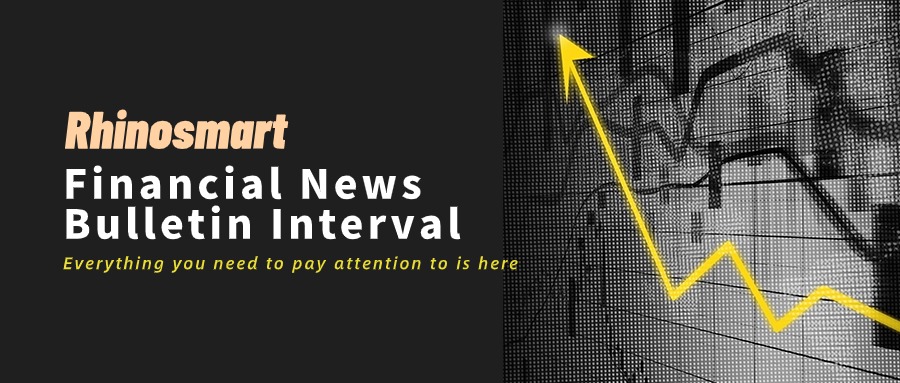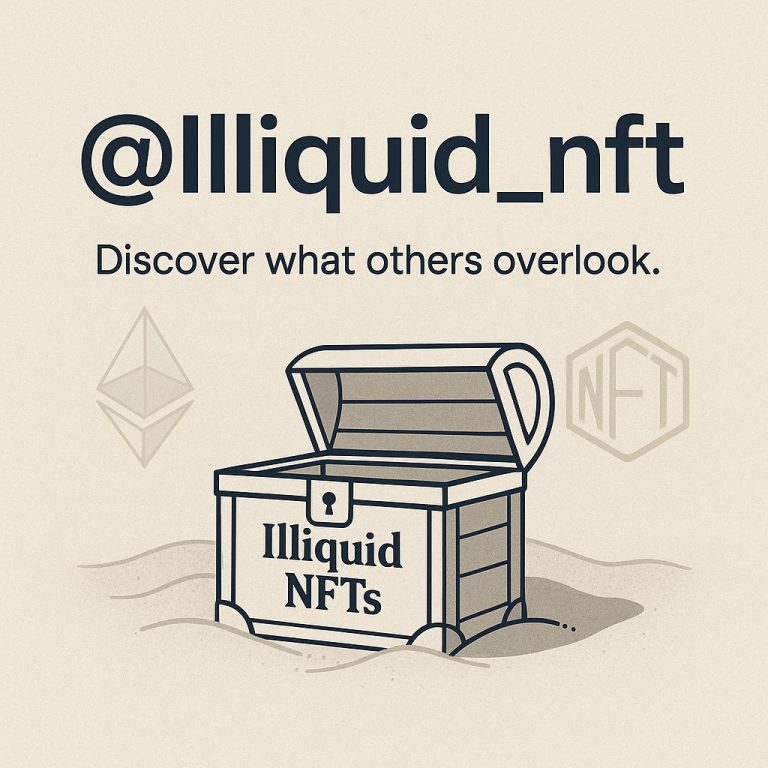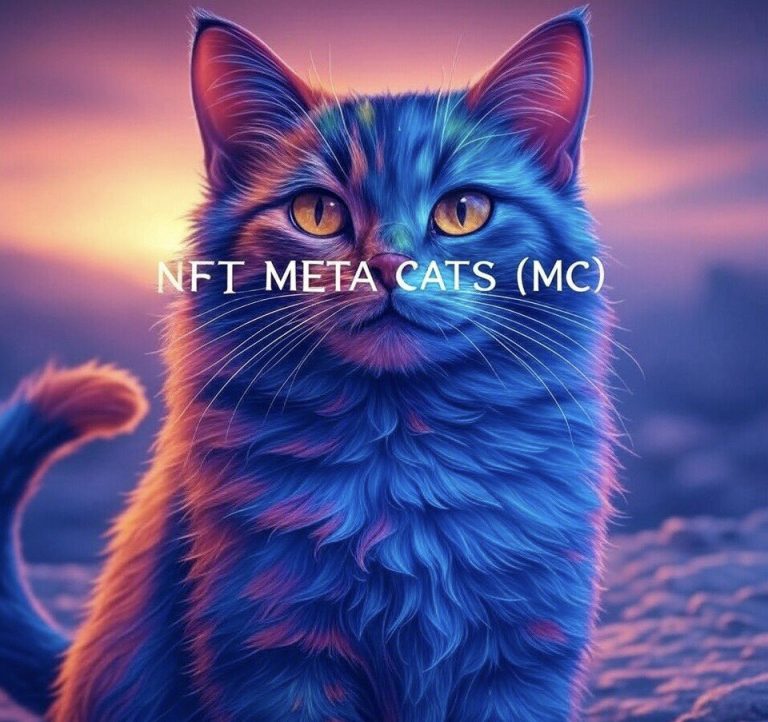
The Intersection of Global Trade and Digital Currencies
In the rapidly evolving world of finance and trade, two seemingly disparate realms—global trade policies and digital currencies—are increasingly intersecting. As we stand in 2025, understanding these connections is crucial for investors, policymakers, and enthusiasts alike. This report delves into the recent developments in global trade negotiations, the implications of tariff deals, and the parallel rise of cryptocurrencies and NFTs, offering a comprehensive analysis of how these elements are shaping the future of finance and commerce.
The Evolving Landscape of Global Trade
The Trump Tariff Deal: A Game Changer?
The leak of Trump’s first tariff trade deal has sparked significant interest and debate. This deal, if implemented, could reshape the dynamics of global trade, particularly between the United States and key trading partners like the UK. The deal is expected to include substantial tariff concessions, which could alleviate some of the economic pressures faced by both nations. However, the long-term implications of such concessions remain to be seen.
Tariff concessions can have a dual impact: they can stimulate trade by making goods more affordable, but they can also lead to economic imbalances if not managed carefully. The UK-US trade negotiations are a critical case study in this regard. The potential benefits of increased trade volumes must be weighed against the risks of economic dependency and potential retaliation from other trading partners.
The Role of Global Negotiations
Global trade negotiations are complex and multifaceted, involving a delicate balance of economic, political, and social factors. The UK-US trade deal is just one example of how these negotiations are unfolding. Other significant trade policies, such as the ongoing discussions between major economic blocs, will also play a crucial role in shaping the future of global commerce.
The success of these negotiations hinges on several key factors, including the willingness of countries to make concessions, the ability to address non-tariff barriers, and the capacity to foster mutual economic growth. As global trade policies continue to evolve, it is essential to monitor these developments closely and understand their potential impact on various sectors.
The Rise of Digital Currencies and NFTs
Cryptocurrencies: The New Form of Currency?
Cryptocurrencies have emerged as a significant force in the financial world, challenging traditional notions of currency and value. Bitcoin, Ethereum, and other digital currencies have gained widespread acceptance, driven by their decentralized nature and the potential for high returns. However, the perceived value of cryptocurrencies often differs from their reality as a form of currency.
The similarities between the dollar and cryptocurrencies are striking. Both are forms of currency that derive their value from market perception and trust. However, cryptocurrencies operate in a decentralized manner, free from the control of central banks. This decentralization offers both opportunities and challenges. On one hand, it provides greater financial freedom and the potential for innovative financial solutions. On the other hand, it raises concerns about volatility, security, and regulatory oversight.
NFTs: The New Frontier of Digital Assets
Non-Fungible Tokens (NFTs) have emerged as a revolutionary concept in the digital asset space. NFTs represent unique digital assets that cannot be replicated, making them highly valuable in the world of art, collectibles, and even real estate. The recent surge in the popularity of NFTs, particularly in the context of Doginal Dogs surpassing 90% of NFTs from the previous market cycle, highlights the growing interest and investment in this sector.
The factors contributing to the success of NFTs are multifaceted. The scarcity and uniqueness of NFTs, coupled with their potential for high returns, make them an attractive investment option. However, the NFT market is also fraught with risks, including the potential for fraud and the need for robust security measures. As the NFT market continues to evolve, it is essential to address these challenges and ensure the integrity of digital assets.
The Intersection of Trade and Digital Currencies
The Impact of Trade Policies on Cryptocurrencies
The intersection of global trade policies and digital currencies is becoming increasingly apparent. Tariff deals and trade negotiations can have a significant impact on the value and stability of cryptocurrencies. For instance, the implementation of tariffs can lead to economic uncertainty, which in turn can affect the volatility of cryptocurrencies. Conversely, the success of trade deals can foster economic stability and confidence, potentially benefiting the cryptocurrency market.
The relationship between trade policies and digital currencies is complex and dynamic. As global trade negotiations continue to unfold, it is essential to monitor their impact on the cryptocurrency market and understand the potential implications for investors and stakeholders.
The Role of NFTs in the Digital Economy
NFTs are playing an increasingly important role in the digital economy, offering new opportunities for investment and innovation. The success of NFTs, as seen in the case of Doginal Dogs, highlights the potential for high returns and the growing interest in digital assets. However, the NFT market also faces significant challenges, including the need for robust security measures and the potential for fraud.
As the NFT market continues to evolve, it is essential to address these challenges and ensure the integrity of digital assets. The intersection of NFTs and global trade policies will also play a crucial role in shaping the future of the digital economy. Understanding these connections is essential for investors, policymakers, and enthusiasts alike.
Conclusion: Navigating the Future
Embracing the Complexities
The future of finance and commerce is increasingly shaped by the intersection of global trade policies and digital currencies. As we navigate this complex landscape, it is essential to embrace the challenges and opportunities that lie ahead. The success of trade negotiations, the stability of cryptocurrencies, and the integrity of NFTs will all play crucial roles in shaping the future of the global economy.
By understanding these connections and staying informed about the latest developments, we can better navigate the complexities of the financial world and seize the opportunities that lie ahead. The future of finance and commerce is dynamic and ever-changing, but with the right knowledge and insights, we can embrace the challenges and opportunities that lie ahead.







